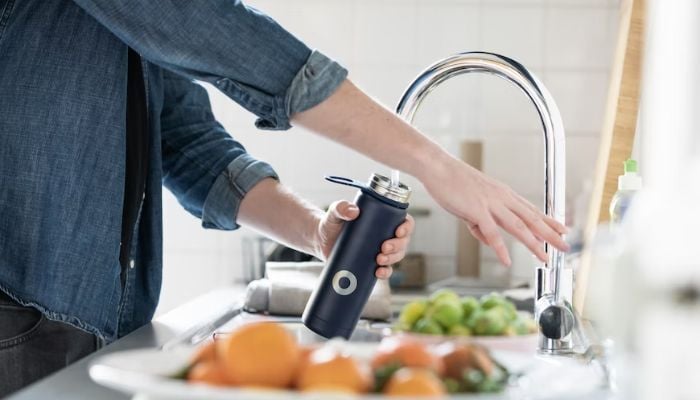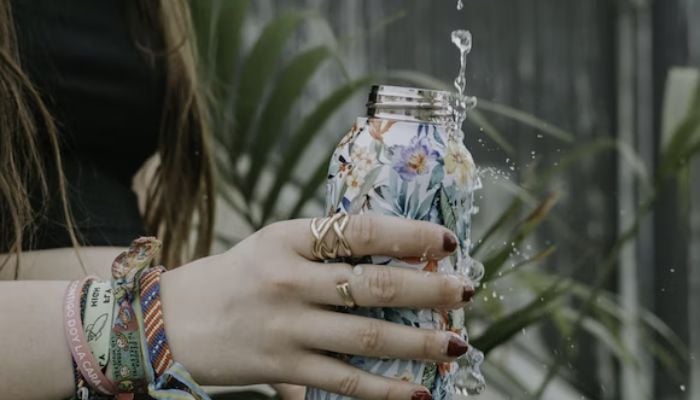'Reusable bottles carry 40,000 times more germs than toilet seat'
When scientists working on project collected samples from reusable bottles, they found two types of bacteria: Gram-negative rods and bacillus
A new and disturbing study has revealed that a common item most of us use, a reusable bottle, carries more germs than a toilet seat.
The use of reusable bottles cannot be overstated. From kids to adults, everyone uses them. At homes, in schools, and in offices. There is almost an emotional attachment to these objects, especially for children.
“They are objects that can’t betray us,” Australian Catholic University clinical psychologist and hoarding disorder expert, Associate Professor Keong Yap, told The Sydney Morning Herald, as he compared it to how children use stuffed toys and other "reliable" objects that can't hurt us.
However, that is not true. These bottles do nothing but "betray" you when you do not clean them regularly.
US-based waterfilterguru.com conducted a study and found that reused bottles can have not 10 times or 100 times, but 40,000 times more bacteria than a toilet seat. The researchers described these bottles as "portable Petri dishes".
When the scientists working on the project collected samples, they found two types of bacteria: Gram-negative rods and bacillus. They swabbed various parts of the bottle. This included the straw lid and the squeeze-top lid.
Gram-negative bacteria can cause illnesses that are becoming more and more resistant to medications, while some bacillus species can cause digestive issues.
Comparing the cleanliness of the bottles to common household items also revealed a grimy picture: they harbour twice as many germs as a computer mouse, twice as much as a kitchen sink, and 14 times more than a pet's water dish.
“The human mouth is home to a large number and range of different bacteria,” Imperial College London molecular microbiologist, Dr Andrew Edwards, was quoted as saying by the New York Post, adding that it was not surprising that the vessels we use are covered in microbes.
The outlet quoted another microbiologist, Dr Simon Clarke who said that while bottles are a huge breeding ground for bacteria, it is not dangerous always.
Clarke said that he had never heard of anyone getting sick from a water bottle.
“Water bottles are likely to be contaminated with the bacteria that are already in people’s mouths.”
In case you are interested, the cleanest style of the three the researchers evaluated was the squeeze-top bottle.
While the study's sample was collected from the US, it is needless to say that one must keep their bottles clean, at least cleaner than the toilet seat.
-
Can brain stimulation make people kinder & less selfish? New study offers hope
-
Mariah Carey details 'hardest' bipolar disorder experience
-
Pink reveals health routine for asthma management
-
Gigi Hadid talks about 'relieving tension' amid having Hashimoto's disease
-
Selena Gomez explains why she thought lupus was 'life-or-death'
-
How Kim Kardashian made her psoriasis ‘almost’ disappear
-
Nick Jonas gets candid about his type 1 diabetes diagnosis
-
Sir Jackie Stewart’s son advocates for dementia patients













